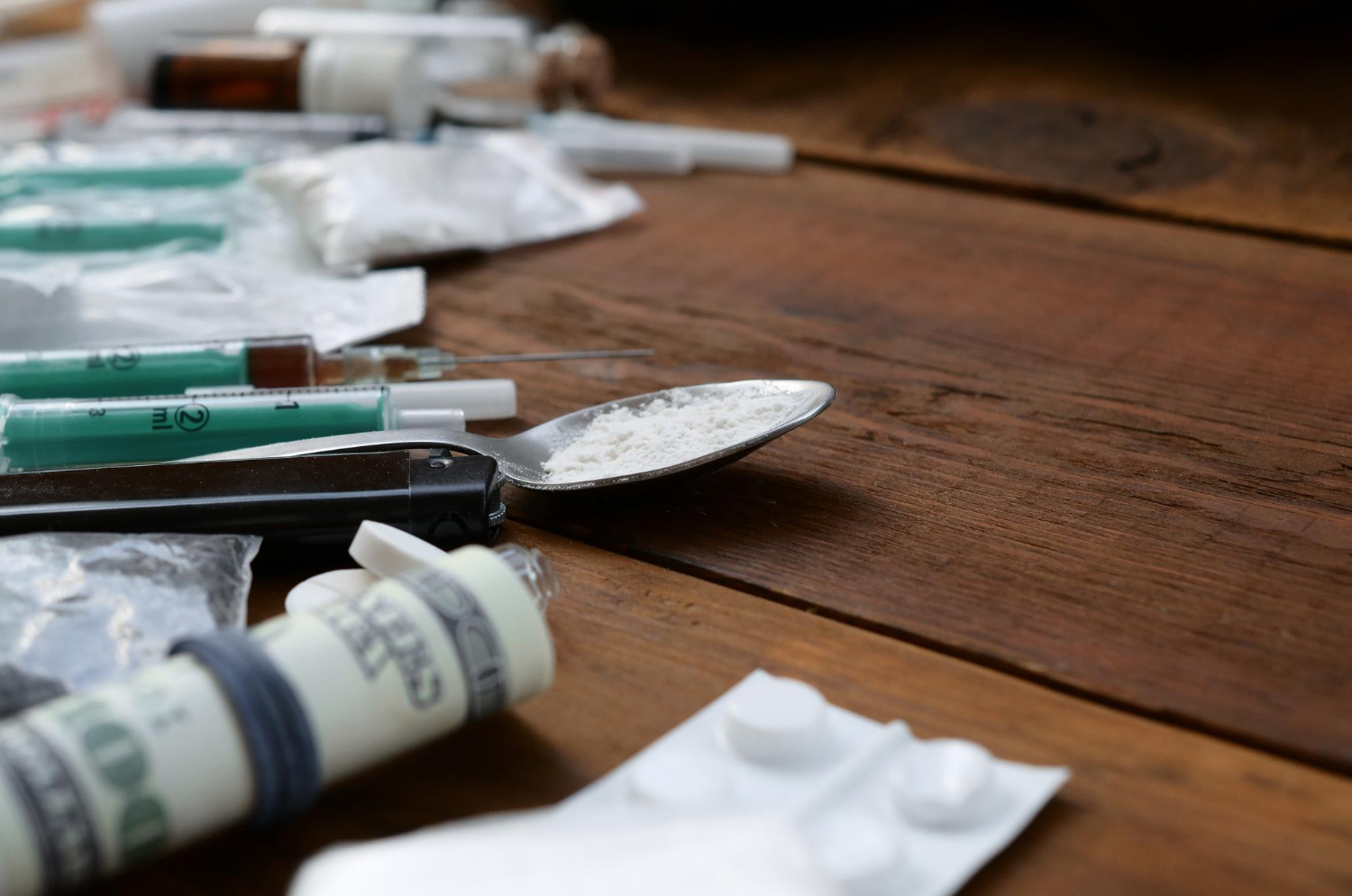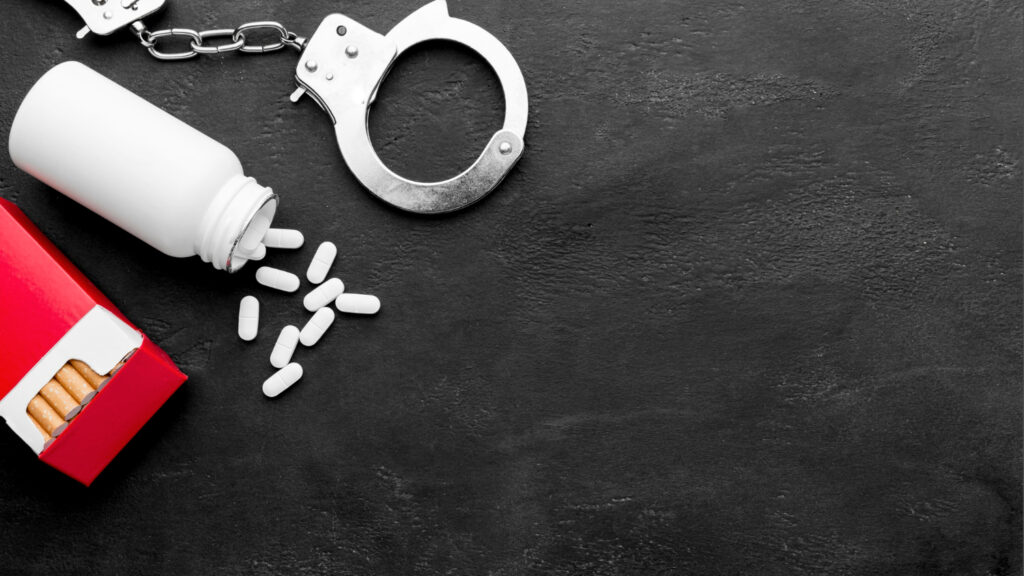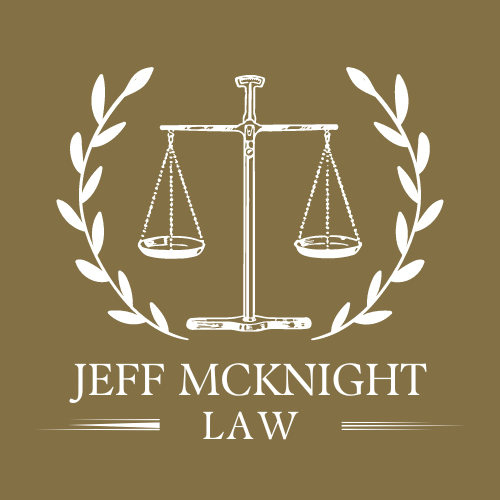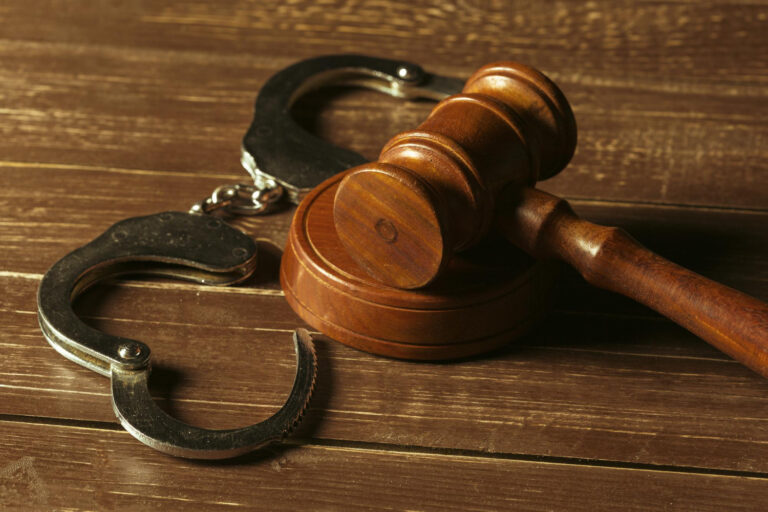
If you or a loved one is facing felony drug charges for the first time, it can be a scary and overwhelming experience. At JeffMcKnightLaw, we understand the stakes involved and how high the penalties can be. As experienced lawyers, we’ve successfully guided many clients through the complex criminal justice system. In this article, we’ll break down what to expect and how to protect your rights and future.
As stated by the U.S. Department of Justice, first-time offenders charged with felony drug offenses may face prison time, fines, and probation. The exact penalty depends on the drug type and amount. Alternatives like drug treatment programs might be available in some cases.
Understanding Felony Drug Charges
Felony drug charges can lead to long prison sentences due to the severe legal consequences of possessing, manufacturing, selling, or distributing illegal substances.
Typically when someone is charged with a felony drug offense, it means they are accused of a serious crime that can lead to big fines, long prison time, and a permanent criminal record. The exact punishment depends on things like the type and amount of drugs, the person’s past crimes, and the local laws.
To understand a felony drug charge, you need to know how serious it is. You should get advice from an experienced lawyer and work with the police and court. To cut a long story short, it’s important to know what you are being accused of, what your defense options are, and what could happen in your case. Also, remember your rights, like the right to stay silent and the right to have a lawyer.
In short, being charged with a felony drug crime is very serious and can affect your life for a long time. Take it seriously, learn about the legal process, and make smart choices about how to defend yourself.
First-Time Offender Considerations
First-time offenders often qualify for reduced sentencing options like probation or diversion programs.
All in all, instead of going to jail, they might get counseling or do community service. Judges look at whether the person is sorry, has no criminal record, and is willing to take responsibility. It’s important for the offender to show they are serious about changing and fixing their mistake.
In concise terms, the judge will also consider how bad the crime was, how it affected the victim, and any special reasons that might reduce the blame. The main goal is to give first-time offenders a chance to learn from their mistake and stay out of trouble in the future. They need to follow the rules given to them and really show they are trying to improve their life.
Potential Penalties and Consequences
Potential penalties and consequences often include fines, imprisonment, or loss of privileges, serving as a deterrent to prevent unlawful behavior.
Essentially, these penalties can vary depending on how serious the offense is and might include fines, probation, community service, or even jail time. Besides legal troubles, people might also face social judgment, hurt to their reputation, or loss of certain rights.
For instance, if someone is caught driving under the influence, they could face fines, lose their license, be required to attend alcohol education programs, or go to jail. These penalties aim to stop people from behaving dangerously and to keep others safe on the road.
At work, breaking company rules or acting unethically can lead to suspension, demotion, or even being fired. As a rule, such outcomes can seriously affect one’s career and reputation in their profession.
Sometimes, the impact of someone’s actions will go beyond just them and affect their family, friends, or community. For example, a parent involved in criminal activity might cause their children to experience social judgment or problems at school.
It’s important for people to understand the possible penalties for their actions and make wise choices that prioritize safety, ethics, and following the law. Taking responsibility and seeking help when needed can lessen the negative effects of these penalties.
Legal Defenses for Drug Charges
Legal defenses for drug charges often involve tactics like scrutinizing the legality of the search and seizure to invalidate the evidence.
To be brief, this can include saying the substance wasn’t drugs or that the person didn’t have or plan to sell them. Sometimes, they might argue that the police tricked them or acted wrongly. A person might also claim that the police search that found the drugs was illegal and broke their rights.
At the simplest level, another defense could be that the person didn’t know about the drugs or was forced to have or sell them. It’s important for the defense to look carefully at what happened and make a strong case in court. How well the defense works depends on the details of the case and how well the lawyer argues for the person.

Steps to Take After Being Charged
Staying calm and securing legal representation is crucial if you’re charged with a crime, as these initial steps can significantly impact the outcome of your case.
In other words, it’s really important to understand what you’re being charged with and what might happen as a result. Your lawyer will tell you about your rights and what you can do next. Make sure to gather all important documents and evidence to help your case. Be honest with your lawyer and take their advice seriously.
Get ready for court dates and work with the legal process. Show up for all court hearings and meetings with your lawyer. Keep in touch with your lawyer and give them any information they ask for quickly. By and large, keep track of deadlines and requirements from the court.
Think about how the charges could affect your personal and work life. Follow your lawyer’s advice and cooperate fully to lessen any negative impacts. Don’t talk about the case with others or post about it on social media. Focus on working with your lawyer to build a strong defense.
Stay updated on how your case is going and any new information that comes up. Be patient and trust the legal process. Your lawyer will do their best to protect your rights and get the best result for you.
In Epilogue
The ramifications of facing felony drug charges as a first-time offender can be severe, impacting one’s future opportunities and freedoms.
What JeffMcKnightLaw is stressing the need for is, it is very important for individuals to seek legal guidance and support to work through the various problems that may occur of the justice system and potentially mitigate the consequences of their actions.
References
- “First-time Offenders: An Overview of Felony Drug Charges”, Springer, Mark D. Fairchild
- “Drug Offenses: Maximum Fines and Terms of Imprisonment for Violation of the Federal Controlled Substances Act and Related Laws”, Congressional Research Service, William J. Krouse
- “First-Time Felony Drug Offenders: Trends in Federal and State Guidelines”, University of Michigan Press, Samantha Jacobs






